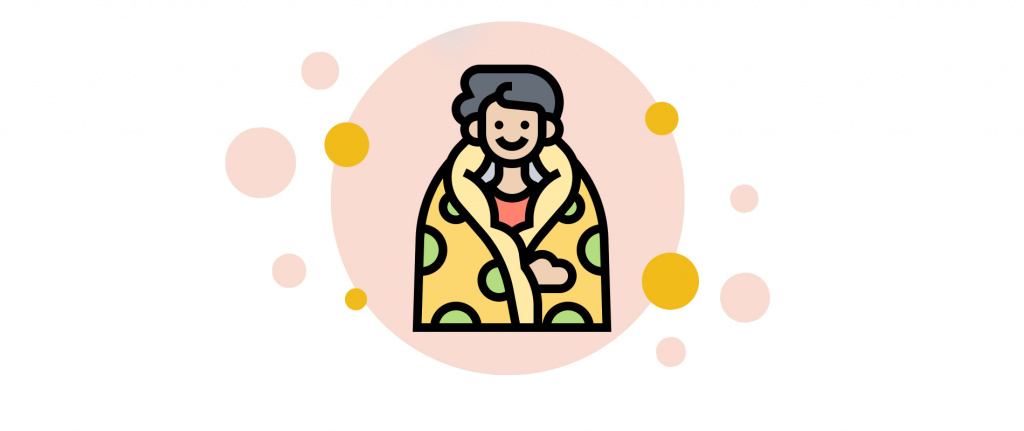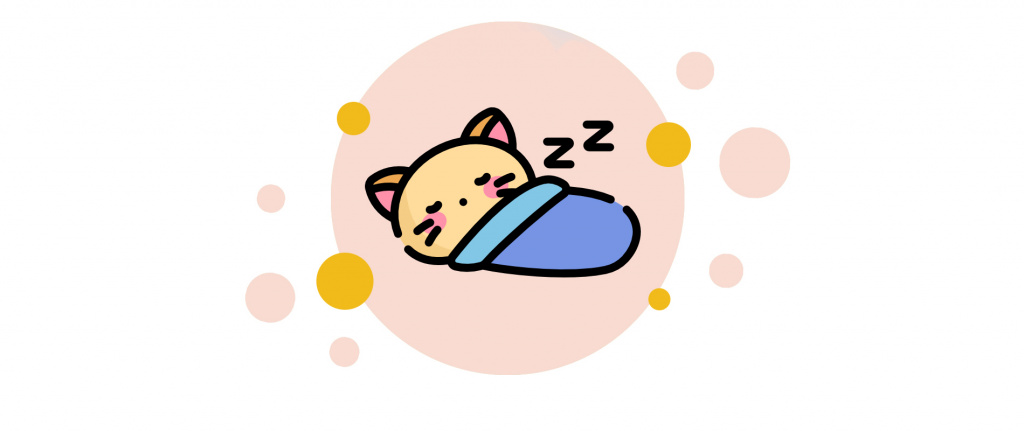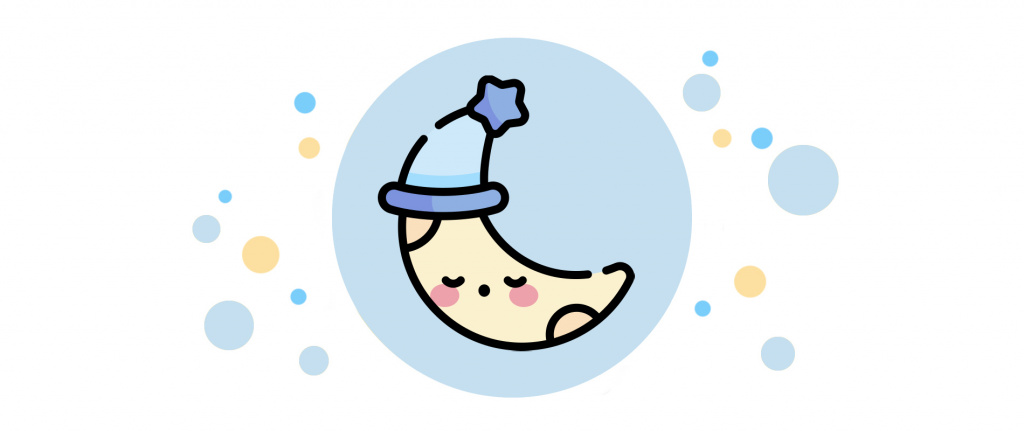Why Your Sleep Position Determines Your Quality of Rest

Many of us are probably aware of the fact that we spend a huge part of our lives in sleep: at least 1/3. That's why it's crucial that we fall asleep, sleep, and wake up in comfort. Why is sleep so important and why should we think about making sure that it is comfortable and restful?
We do not know a single person who, over the years, has not developed certain habits and preferences for sleeping positions. Even small children have these habits! At night we relax and adopt the position that is most comfortable for us to sleep in. However, very few people think about the fact that the body position you take when you sleep directly affects the quality of your rest and even your health. Nevertheless, each posture has obvious pros and cons. Each posture directly affects your respiratory organs, your posture, your muscular frame, and your overall health. Let's discuss each of them in detail. So, let's get started!
Sleeping on Your Back
Ironically, sleeping on your back is one of the most useful and yet least common sleeping positions. Numerous scientific studies have shown that only about 10% of humanity sleeps on its back. What is so useful in it - you may ask. This posture helps the body to return to a natural position after a long day, allows you to remove excessive pressure from your muscular corset and the joints of your body, promotes proper breathing and optimal relaxation throughout the night. Thus, this posture not only promotes a restful and comfortable sleep throughout the night, but also helps you take care of your health and optimally prepare your body for the new day.
What is the fundamental difference between sleeping on your back and sleeping in another position? If you sleep in other positions, your body will inevitably twist and bend. However, sleeping on your back straightens your body and muscle corset as much as possible, returns your body to its natural position and reduces the risk that you will bend the wrong way in the middle of the night and wake up in the morning feeling pain. This posture is most conducive to sleep for the reasons we have already mentioned and is especially recommended for those who are prone to sedentary work, spend a lot of time in an unnatural or bent position, or are simply used to slouching. However, there are also contraindications to sleeping on the back. For example, if you have breathing problems, if you suffer from bronchitis or snore at night, this sleep is not recommended. This is due to the fact that in the supine position your tongue can easily block the airways. This effect will inevitably cause people who sleep on their back to do so with their mouth open.
Stomach Sleep: Pros and Cons
Like sleeping on your back, stomach sleep is one of the least common sleeping positions. This position is preferred by less than 7% of people. However, there is a much better explanation for this small percentage than for sleeping on one's back. It is caused, among other things, by physiological features of a person and the potential harm that such sleep can cause. The fact is that when you sleep on your stomach, your airways become constricted, because there is significant pressure on them. Such pressure can not be unnoticed by your body and can lead to the fact that you will sleep restlessly all night, and in the morning you wake up from a noticeable discomfort.
Apart from that, stomach sleep has the significant disadvantage that you will not be able to keep your head straight while sleeping, as it is physically impossible. Thus, this position will undoubtedly affect the condition of your spine. Be careful and try to change this position while sleeping! However, sleeping on your stomach has its advantages as well - since in this position your face is facing downwards, the chances of you snoring are minimal or non-existent.
Side Sleep

Sleeping on your side is a great alternative to sleeping on your back and stomach, and it obviously has a lot more pros than cons. Oddly enough, the quality of sleep on the left and right sides is different in its effect on your body. If you like to sleep on your left side, you know that it increases the blood flow to your heart, effectively relieves pressure from your spinal column and muscular frame, and is extremely beneficial for your respiratory system. Note this pose if you smoke or snore at night. Also, this pose can be very beneficial for pregnant women. We by no means discourage you from sleeping on your right side if you are used to doing so. However, it is proven that sleeping on your side definitely has more advantages than disadvantages, especially on the left side. Sleeping on the left side has been proven to positively increase blood flow to the heart, relieve pressure from the spine, and support the airways. This position is great for people who snore (and their partners). It is also the most recommended position for pregnant women. It's not that sleeping on the right side is necessarily bad, it's just that the left side position supports the cardiovascular system more.
However, side sleep has a very big and significant disadvantage - it promotes the appearance of wrinkles and negatively affects your skin. This effect is caused by burying your face in the pillow and wrinkling your skin throughout the night. However, there is a solution - you can use silk pillowcases, which will prevent your skin from wrinkling. This kind of material will help your face not to wrinkle and keep your skin more youthful and healthy, even if you prefer side sleep on a regular basis.
Fetal Position Sleep - Pros and Cons
The fetal sleeping pose is probably the most popular pose for both children and adults. Its advantages are the same as those we described earlier for side sleep, and it also has additional advantages. One of advantages for fetal position sleep is that it takes the pressure off your back and relaxes your muscular corset. However, it would be unfair of us if we did not voice the disadvantages of sleeping in the imbrio position, since this position also has them. This disadvantage is primarily due to the fact that in this position you curl your legs. Such a pose obviously compresses your diaphragm and threatens that you will have to exert more effort to breathe in. However, there are certain tips to minimize the risks of breathing during fetal position sleep. Try to use a body pillow during such sleep. Such a tip will help you, among other things, maintain a healthier posture.

We would like to point out that during your sleep there is no right or wrong posture and the position in which you prefer to sleep is your decision and your preference. In addition, an important factor to consider when choosing your sleeping posture is your state of health. For example, if you have a back condition, we would not recommend sleeping in the fetal position. Think about how you can benefit or harm this or that sleeping posture in relation to your health condition and, if necessary, adjust your habits so that you can keep your physical health and sleep comfortably and peacefully throughout the night.